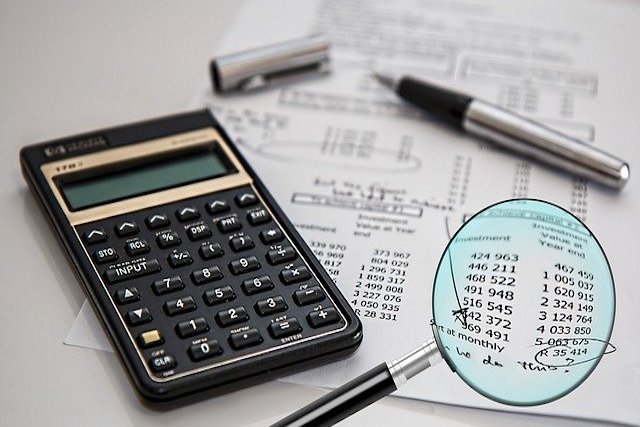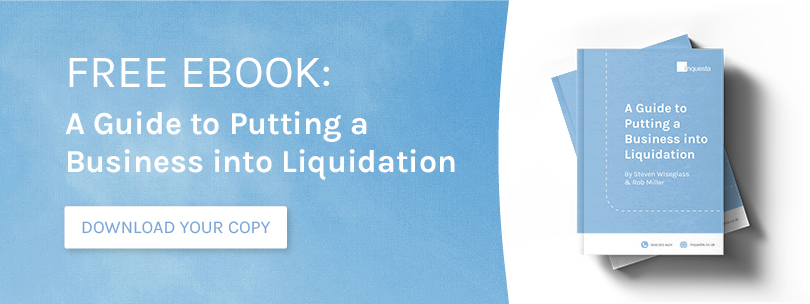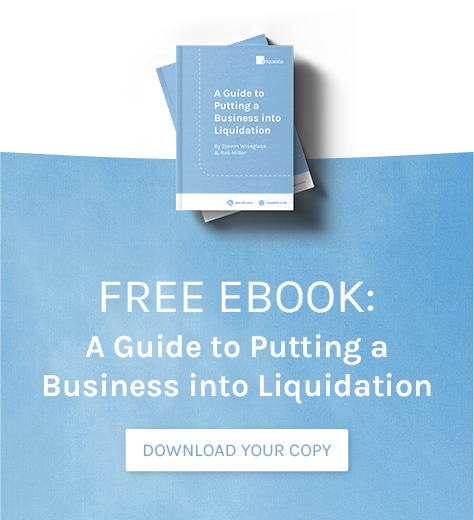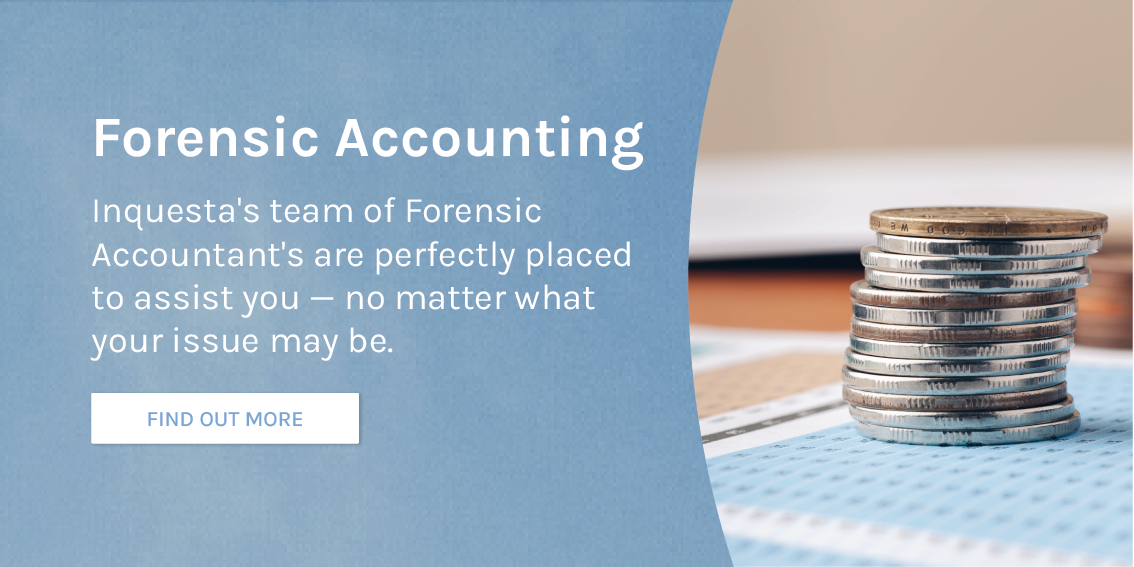The demand for forensic accounting expertise has risen dramatically over the years, with high-profile examples of financial irregularities coming to light. Advancements in technology have also seen a rise in more sophisticated forms of crime, something that needs the work of a specialist to resolve.
But what exactly are the objectives of forensic accounting, and how does the industry work as a whole?
How Forensic Accounting Works
Forensic accounting is the use of highly-sophisticated accounting techniques to uncover instances of financial irregularities and unscrupulous conduct hidden in complex transactions. Examples of these include fraud and embezzlement. The investigations are so in-depth that forensic accountants can be called upon as expert witnesses in court.
While traditional accounting will focus on assessing elements such as business funding and properly conveying financial information to management, the objectives of forensic accounting are entirely different. A forensic accountant will be instructed to carry out an analysis of the flow of funds through an organisation, to determine whether any illegal activity has taken place. This is carried out using a robust investigation process and several important techniques.
Not content with simply uncovering acts of fraud, forensic accountants can also look into the operations and functionality of a business to determine potential weaknesses and recommend preventative measures to stop any potential irregularities from occurring in the first place. It is therefore both a reactive and proactive field.
Forensic accounting can also be called upon outside the world of business, since the practice is often used to resolve matrimonial and other family disputes. This is done by reviewing the financial circumstances of all parties involved to try and move the settlement process forward, while also providing solicitors with accurate information they can then use in court. A forensic accountant is typically able to track and trace assets that one party may be trying to hide from the other.
Why is Forensic Accounting a Growing Field?
The scope of work for forensic accountants is ever-increasing. On one hand, large corporations will always have a requirement for the profession, as they have to ensure that all transactions are carried out correctly and are compliant. Meanwhile, the continuing reliance on technology has meant that the practice is more in-demand than ever.
Online financial transactions in particular have become even more complex, giving perpetrators of fraud a false sense of security that their actions will never be uncovered. The reality is, however, that forensic accounting regularly keeps up to date with developments in technology and is constantly devising new ways to uncover irregularities.

For more information about the growing importance of forensic accounting, please check out our blog on the subject.
Forensic Accounting Objectives
The main objectives of forensic accounting are to provide evidence that financial fraud has taken place, and present the results of an investigation in such a way that it can withstand cross-examination in court. On top of proving whether irregularities have occurred, the practice also seeks to identify those involved so legal action can be taken against them.
With so much at stake, it is essential that an investigation does the following:
- Prove that a business or individual has suffered financial loss
- Identify the perpetrators of said fraud
- Establish the motives and methods used by the fraudsters
- Prove beyond reasonable doubt the involvement of the alleged perpetrators
The objectives of forensic accounting are much more far-reaching than simply identifying fraud, however. The discipline can also be called upon to assess things such as quantifying loss of profits and earnings as the result of personal injury due to negligence. In addition, forensic accountants are instructed to help resolve commercial disputes — such as disagreements between shareholders and instances where a business has suffered losses due to interruption of its trade which was caused by a third party.
As mentioned earlier, forensic accountants can also play an important part in people’s personal lives. They can assist with disputes surrounding probate and trusts, with their objectives being to resolve cases before they escalate to litigation. In cases where no amicable solution can be found, forensic accounting can be used to provide assistance during court proceedings.

When it comes to marital disputes, a forensic accountant’s objectives can differ depending on the nature of their appointment. If they are acting on behalf of both parties (as a Single Joint Expert), they will be tasked with achieving an amicable solution that works for all people involved. Should they be operating on just one side of the dispute, their objectives will be to secure the best possible result for their client.
The Must-Have Qualities of a Forensic Accountant
If you require the services of a forensic accountant, it’s important to find one who meets exacting standards. The best in the field display a unique combination of meticulousness, diligence, and technical knowhow. Whether they’re auditing reams of complex data, or presenting findings in court, the specialist skill set of an experienced forensic accountant can be both versatile and multifaceted.
The essential qualities to look for in a forensic accountant include:
- Eye for Detail: As we’ve learned, one of the objectives of forensic accounting is to parse complex information in search of telling discrepancies and irregularities. To do this effectively, a perfectionist’s eye for detail is crucial.
- Technical Understanding: An ability to stay abreast with the latest technological advances is a key quality for a forensic accountant. They need to be adept in the latest accountancy software and ready to embrace any tools that could help them perform their role to an even higher standard.
- Honesty: Their exposure to potentially sensitive material means that honesty and integrity are paramount.
- Composure: The duration of some investigations means that patience and composure are essential characteristics of the trade.
Analytical: Getting to the bottom of complex financial irregularities is one of the key objectives of forensic accounting, making an analytical mindset all-important.
Inquesta: The Forensic Accounting Experts
Inquesta Forensic has amassed decades of experience in handling all areas of forensic accounting – including matrimonial disputes, commercial disputes and personal injury claims. We are specialists in providing a detailed analysis into the numbers and will leave no stone unturned when carrying out our investigations.
Our clients are of paramount importance, which is why we will take the time to thoroughly understand your circumstances and carry out a free preliminary review of the circumstances. We will also provide you with detailed information about the work we can do, whether it is worth doing, and the information we would require. Once this has been done, we will provide a guaranteed fixed-free quote for each phase. All of this ensures you can be confident that you are working with a company that is dedicated to providing you with the best possible result.
In addition to our investigative and quantification work, we are also able to assist in negotiations with opposing parties to help you reach a settlement at the right price. We have also amassed a great deal of experience in providing expert forensic accounting advice evidence under cross-examination in court.
All of our written communications are presented in plain English, so you can gain a thorough understanding of the process from start to finish. This is the case for all forms of documentation, whether it is a simple letter or an extremely complex report.
For more information about how Inquesta Forensic can help you, contact a member of our team today or request a free, no obligation consultation.




